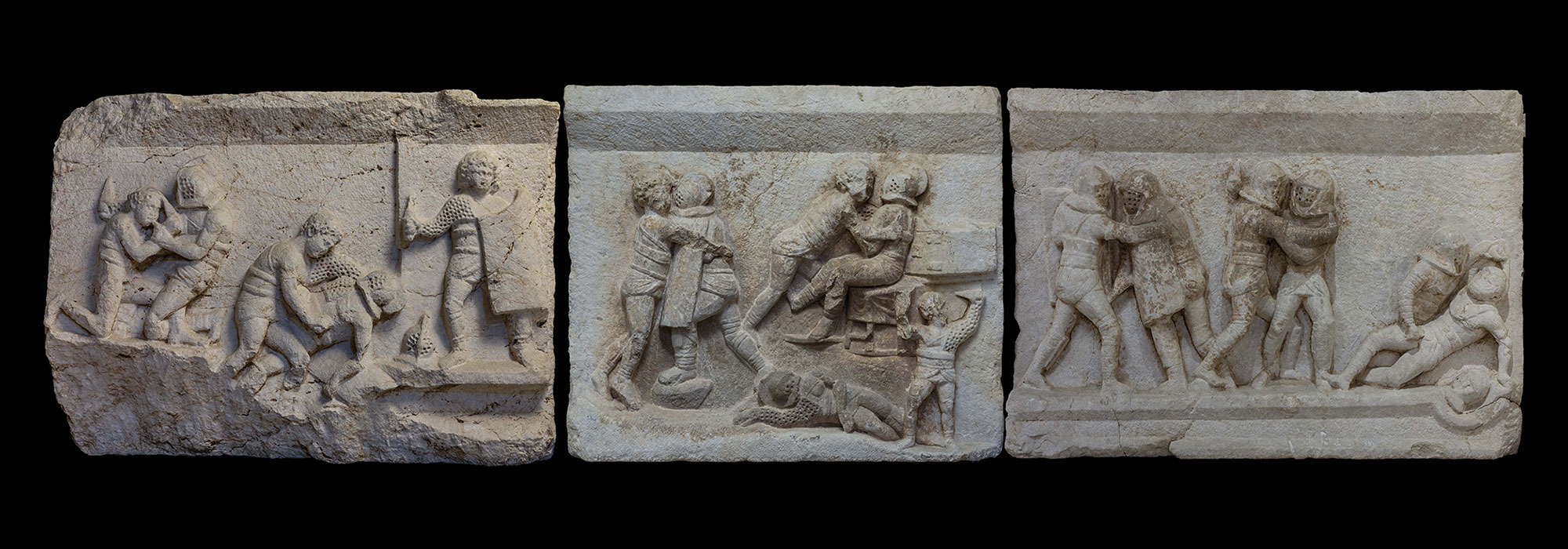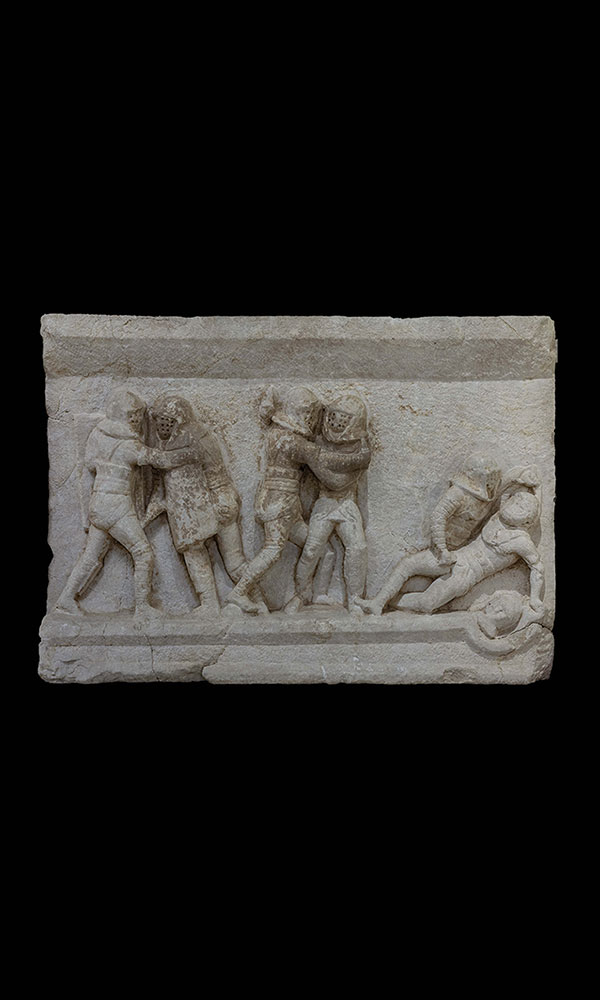LUBLIN, POLAND—Gizmodo reports that a review of some 240 small objects found attached to the belts of Germanic warriors at more than 100 archaeological sites in Germany, Scandinavia, and Poland suggests that they may have been used to consume stimulants before battle between the seventh century B.C. and the fifth century A.D. It had been previously thought that Germanic warriors did not consume stimulants other than alcohol. Many of the drugs available during the Roman era were derived from poppy, hemp, hops, belladonna, henbane, and various fungi. All of these substances could have been processed into liquid or powder form, and made available locally or through trade, explained Andrzej Kokowski of Maria Curie-Sklodowska University and his colleagues. The researchers think that the spoon-shaped artifacts with handles and small bowls or flat disks, which were found among other objects known to have been linked to war, may have been used by Germanic warriors to measure these substances in an effort to increase performance and reduce stress during battle while reducing the possibility of overdose. Read the original scholarly article about this research in Praehistorische Zeitschrift. To read about the remains of Germanic warriors recovered from a Danish bog, go to "The Fate of the Vanquished."
Did Germanic Warriors Take Stimulants Before Battle?
News December 6, 2024
Recommended Articles
Digs & Discoveries May/June 2020
Warrior Stone
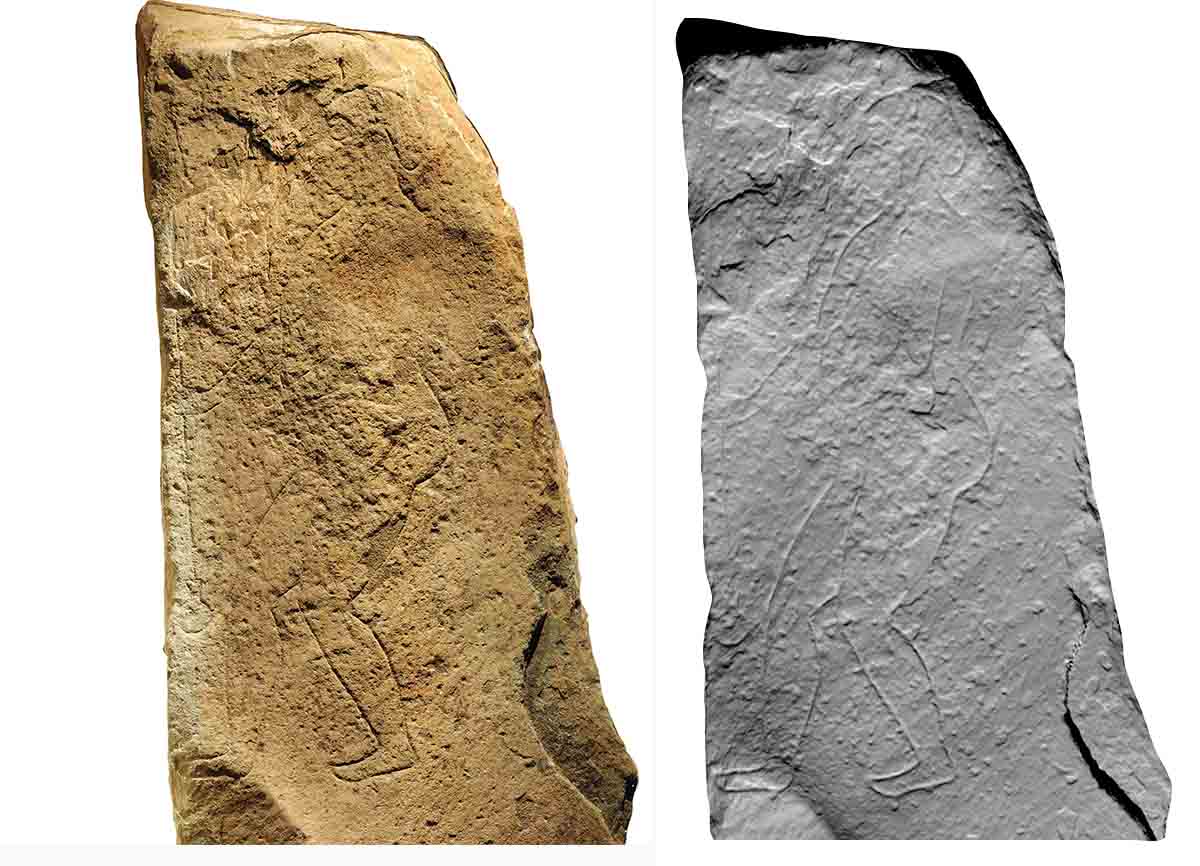
Digs & Discoveries May/June 2020
Arms and the Women
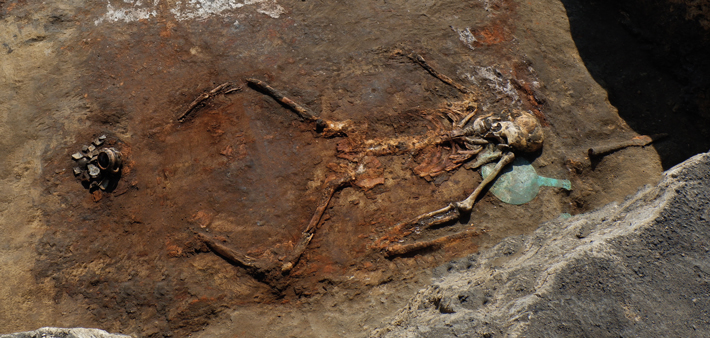
Digs & Discoveries May/June 2019
Viking Warrioress
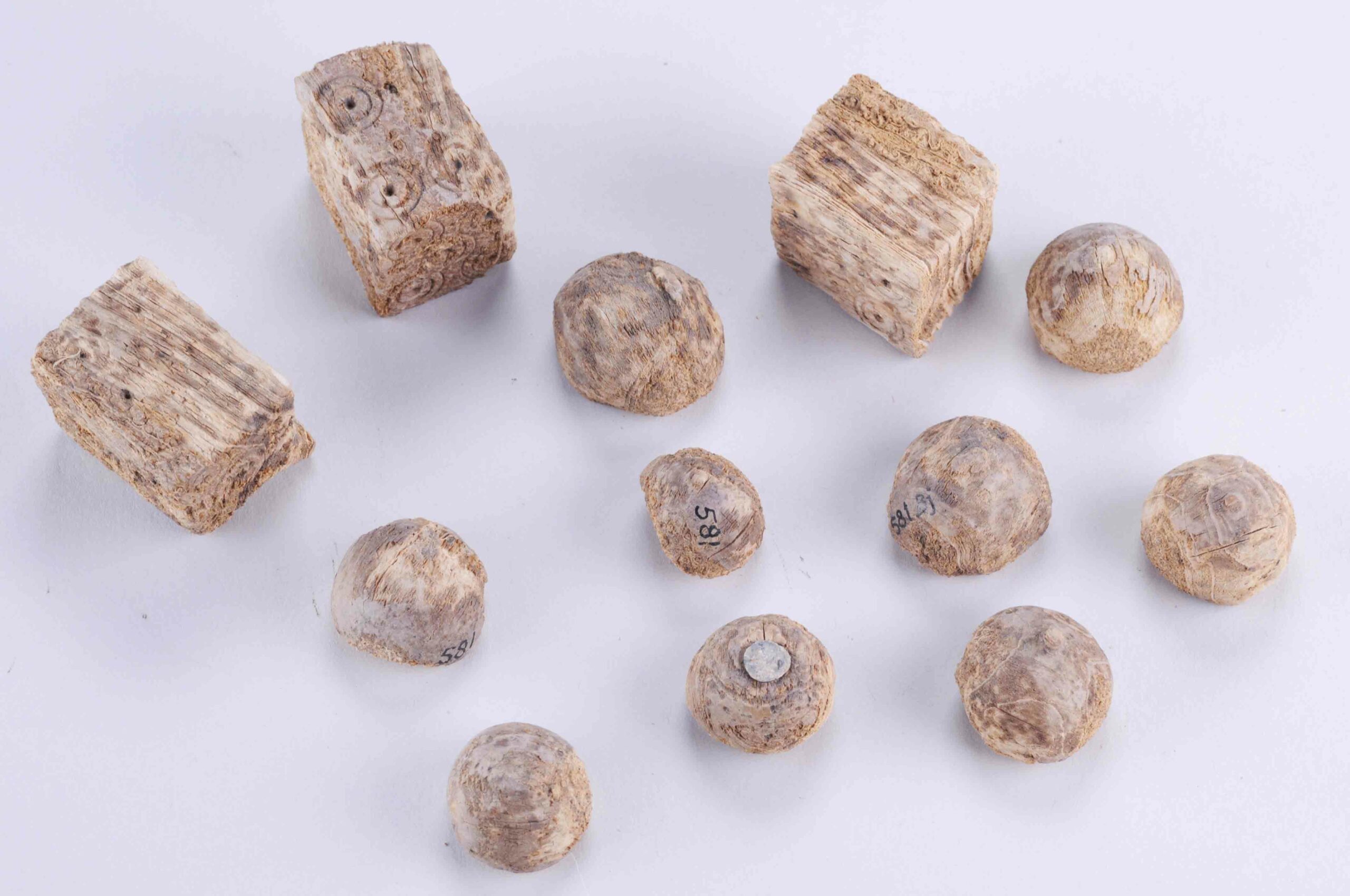
Digs & Discoveries July/August 2018
Late Antique TLC
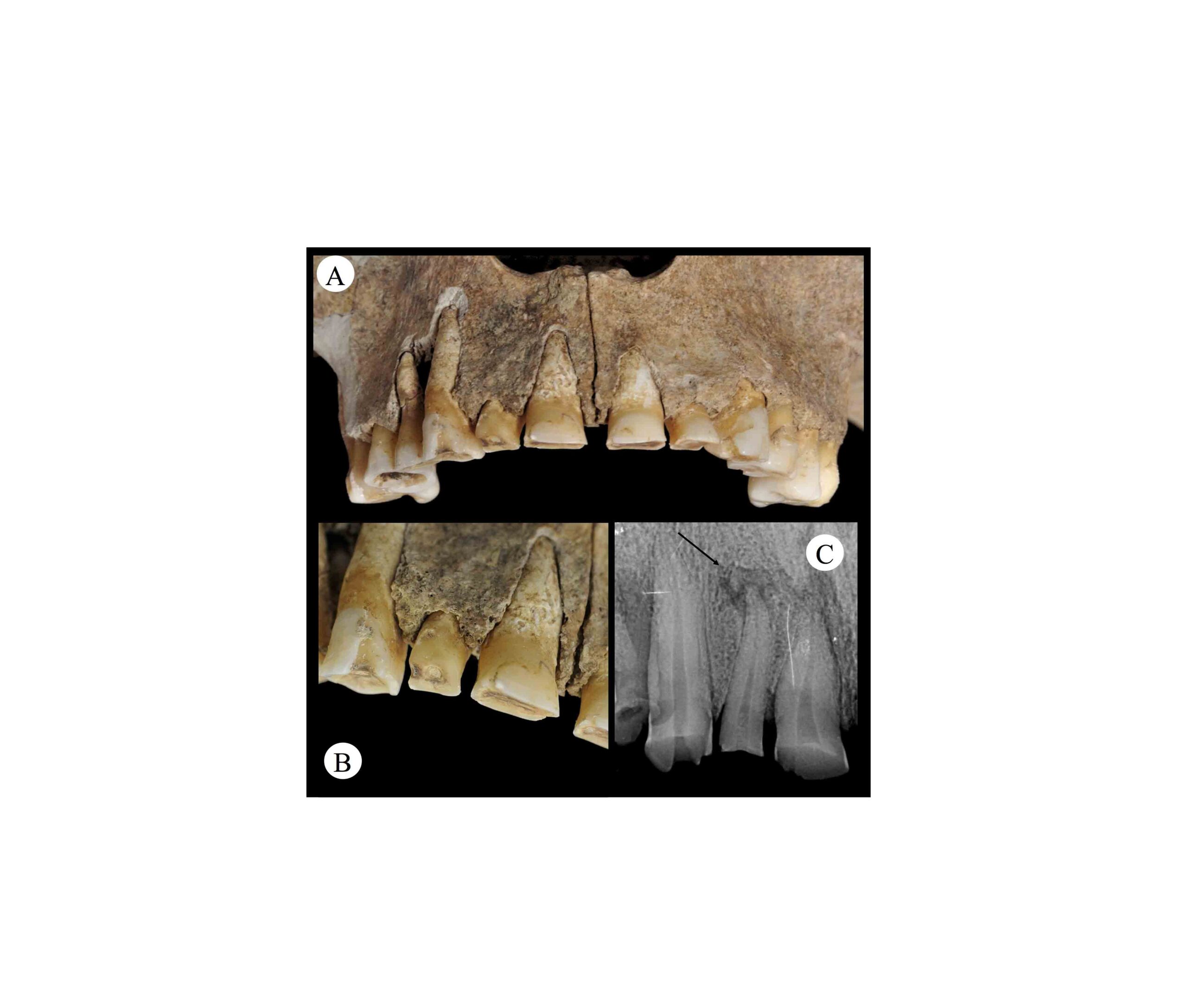
-
Features November/December 2024
The Many Faces of the Kingdom of Shu
Thousands of fantastical bronzes are beginning to reveal the secrets of a legendary Chinese dynasty
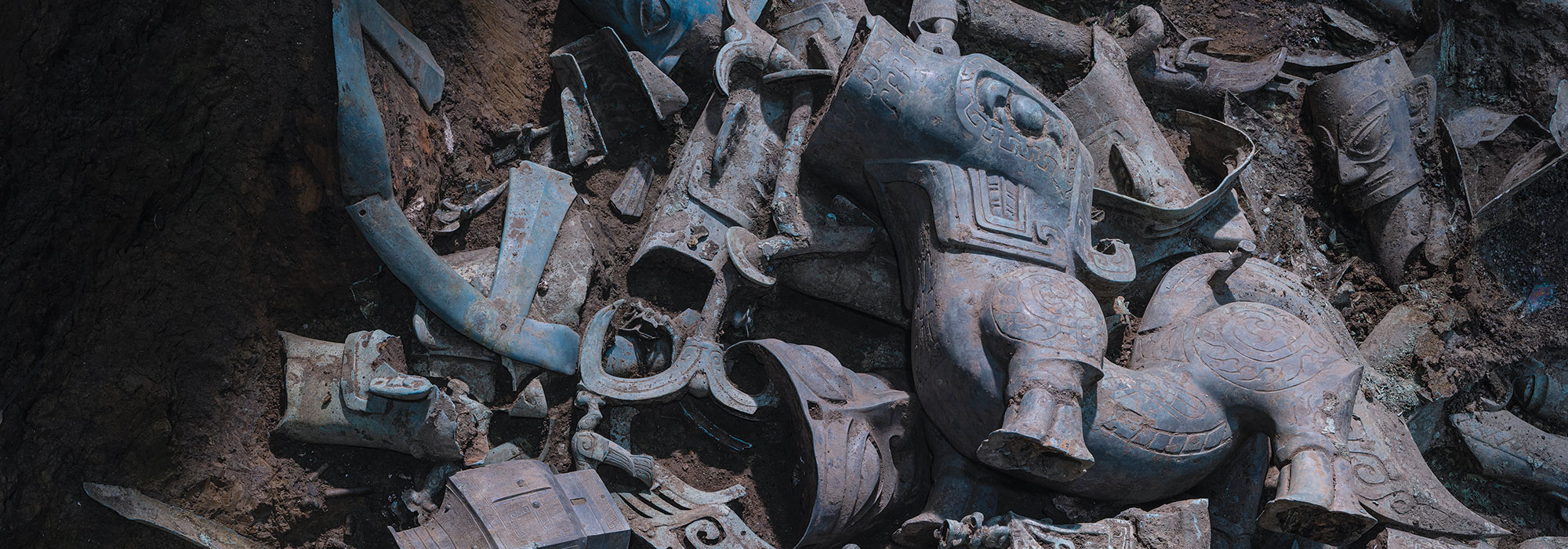 Courtesy Sichuan Provincial Institute of Cultural Relics and Archaeology
Courtesy Sichuan Provincial Institute of Cultural Relics and Archaeology -
Features November/December 2024
Europe’s Lost Bronze Age Civilization
Archaeologists have discovered more than 100 previously unknown megasites north of the Danube
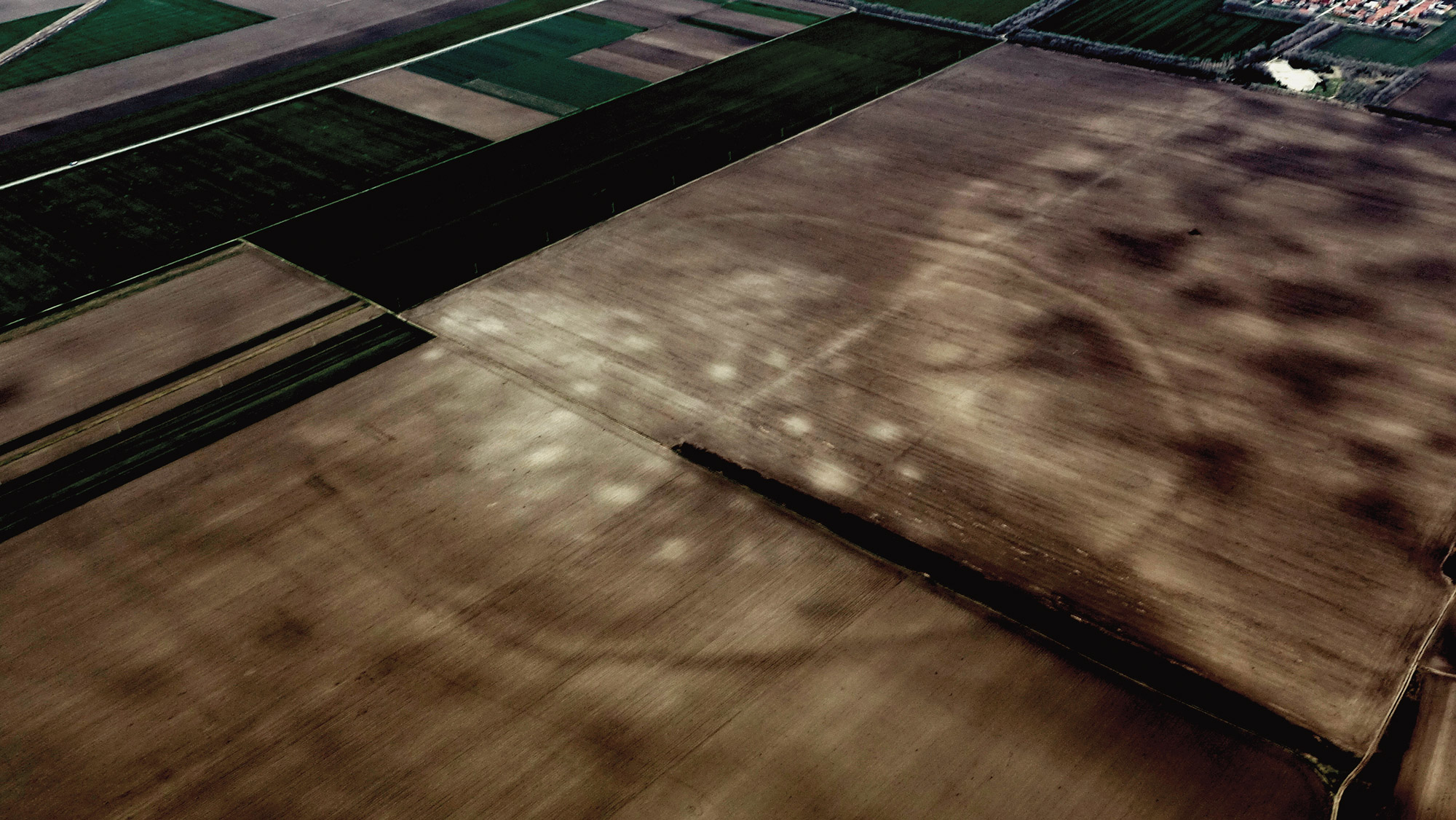 Courtesy Barry Molloy
Courtesy Barry Molloy -
Features November/December 2024
Chalice of Souls
A Maya jade heirloom embodies an enduring sacred tradition
 Jon G. Fuller, Jr./Alamy
Jon G. Fuller, Jr./Alamy -
Features November/December 2024
Exploring Ancient Persia’s Royal Fire Temple
At a remote lake in the mountains of Iran, archaeologists have identified the most revered Zoroastrian sanctuary
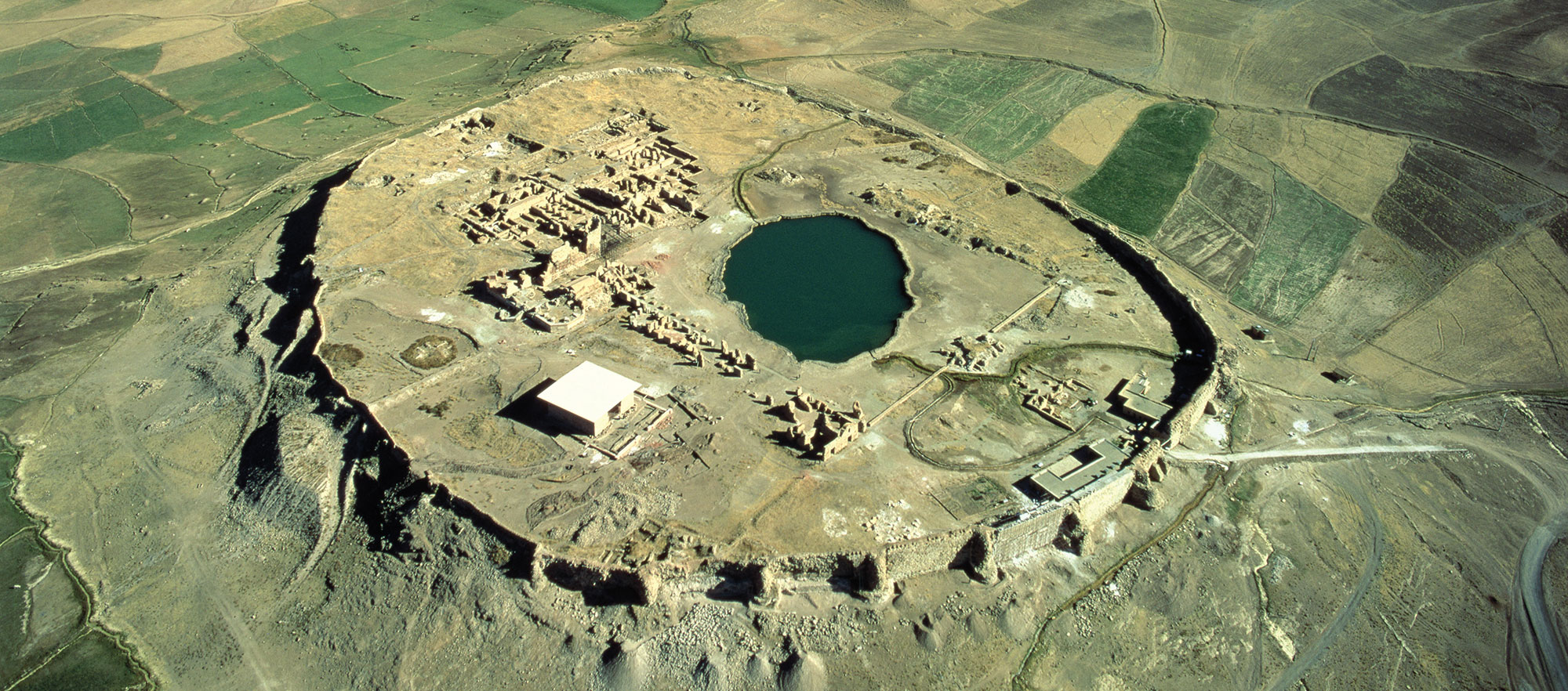 Bridgeman Images
Bridgeman Images


